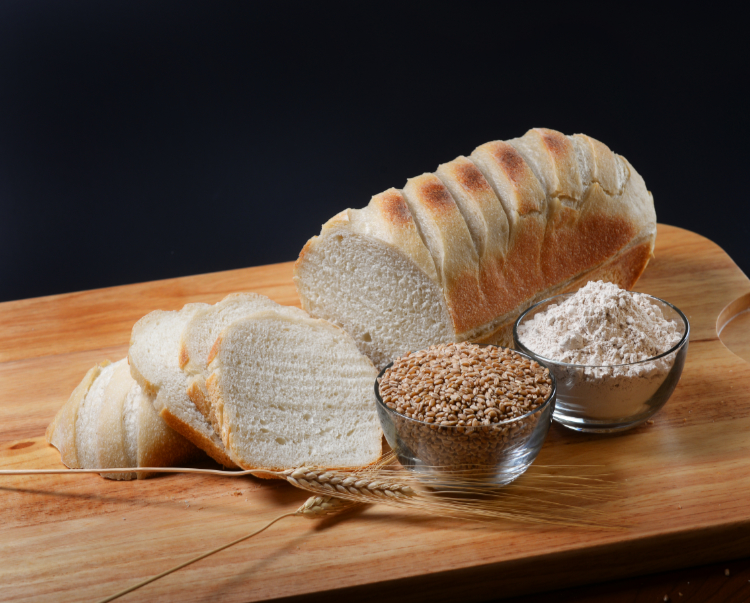Event: MNIFT Silent Auction – Developments in the Wheat Industry: Tackling Wheat Digestibility
When: May 19, 2021 at 12:00 pm – 1:15 pm CST
Register: https://www.mnift.org/RegisterNow/May-2021-Virtual-Luncheon/
Please join us as part of the MNIFT Silent Auction for an enlightening lunchtime webinar presented by AURI (Agricultural Utilization Research Institute) discussing the Developments in the Wheat Industry: Tackling Wheat Digestibility.
There is a growing understanding that wheat digestibility issues may not be caused solely by gluten sensitivity but are also related to the presence of Fermentable Oligo-Di-Monosaccharides and Polyols (FODMAPs) and Amylase Trypsin Inhibitors (ATIs).
Research is underway to investigate options to reduce wheat digestibility concerns by 1) identifying naturally occurring low anti-nutrient elements in specific Minnesota wheat varieties for breeding purposes and 2) exploring fermentation as a processing technique to reduce FODMAPs and ATIs in wheat food products. Research indicates that “anti-nutrients,” such as ATIs, and fructans (a component of FODMAPs) in wheat are triggers of irritable bowel syndrome (IBS). For individuals with wheat sensitivity, less reactive wheat products can increase quality of life while allowing them to enjoy the health benefits of wheat products. This research could make a meaningful impact on the industry overall—from the farmer and the bread processor to the consumer.
Please join the Minnesota section of IFT and the Agricultural Utilization Research at the MN IFT Silent Auction on May 19, 2021, for a virtual panel discussion with University of Minnesota researchers Dr. George Annor and Dr. James Anderson along with food entrepreneur Brian LaPlante of Back When Foods, Inc. to discuss findings to date in this multi-year research project funded through the Minnesota Department of Agriculture’s Agricultural Growth, Research, and Innovation (AGRI) Grant and in collaboration with the Minnesota Wheat Research and Promotion Council.
For more information, and to follow this research, visit: www.auri.org/agri.
